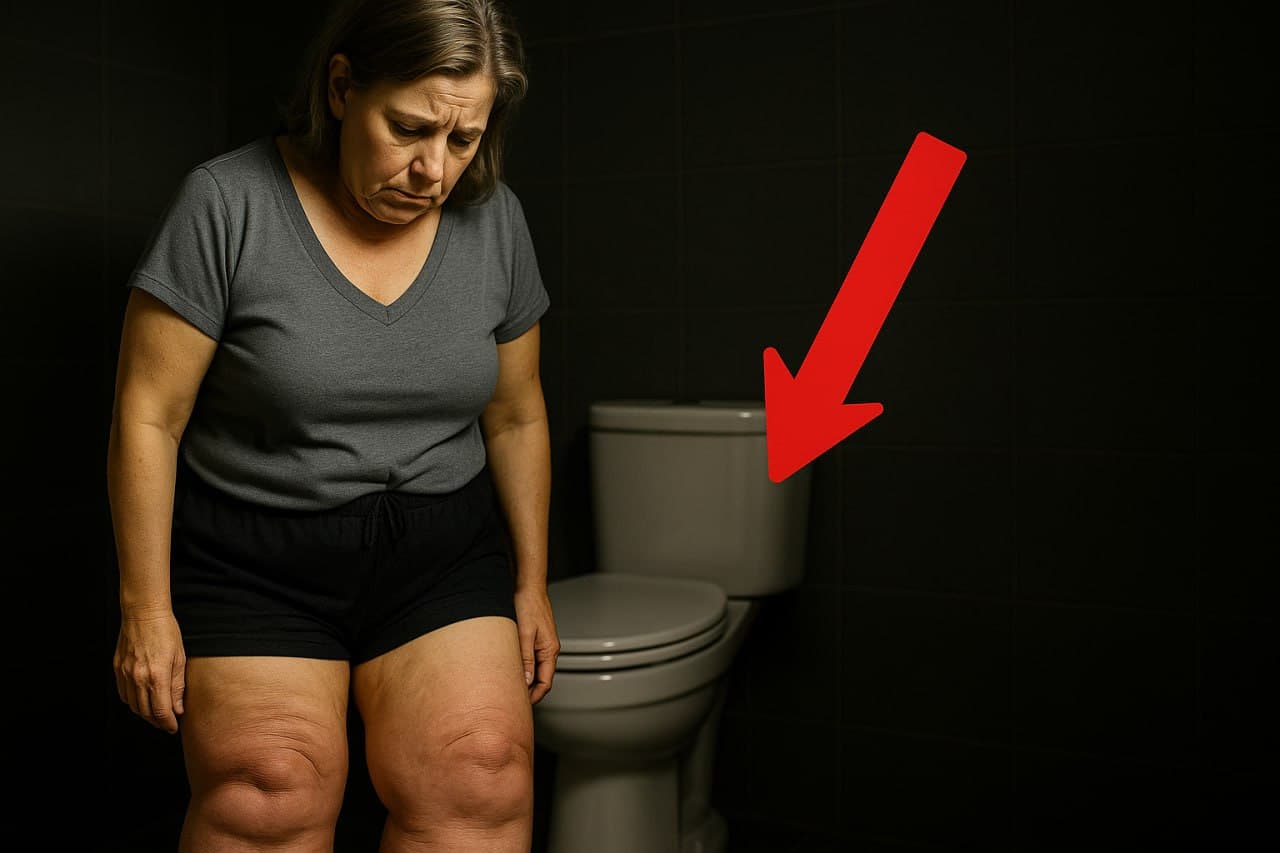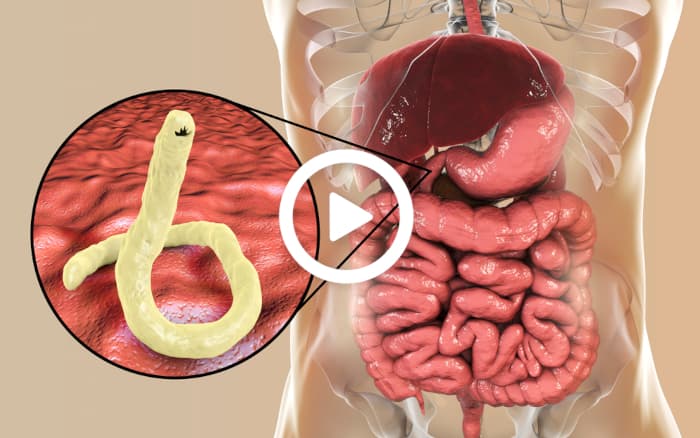Why 35-45 Is Key to Healthy Aging | Dr. Vonda Wright
Musculoskeletal aging is a complex process influenced by lifestyle choices and physiological changes throughout different life stages. Yet, it is often overlooked in discussions about aging. This dialogue focuses on highlighting the various facets of musculoskeletal issues, especially considering age and gender impacts.
From youth through senior years, musculoskeletal health can vary significantly. Research indicates that with age, there is a notable increase in fat infiltration within muscle tissues, leading to decreased strength and increased frailty.
"A significant observation is how the quadriceps in the elderly become marbled with fat, a sign of potential frailty."
However, pioneering work, particularly among researchers at the University of Pittsburgh, illustrates that aging does not inherently lead to frail musculoskeletal systems. Studies on master athletes, or those over 50 participating in competitive sports like the Senior Olympics, show exceptional musculoskeletal preservation. This preservation is particularly evident when lifestyles include consistent physical activity, contradicting the sedentary norms observed in the majority of the American population.
Active participation in physical exercises, especially those involving impact movements, aids in maintaining muscle mass and bone density. Moreover, efforts in such physical regimens can rejuvenate satellite cells, which are critical in muscle recovery and growth.
- Exercise preserves executive brain functions.
- Intensity matters in maintaining physical health benchmarks.
Further examination also conveyed the benefits of chronic exercise on brain health, notably preserving executive brain functions, further solidifying the intertwined relationship between muscular challenges and cognitive health.
Particularly in women, musculoskeletal diseases are more prompted and severe post menopause due to hormonal shifts impacting bone density and muscle health. The presented research indicates that active women's health management and encouraging movement can mitigate these concerns significantly.
"Women, responsible for 80% of health decisions, hold the capacity to steer family and societal health towards better musculoskeletal outcomes."
Experts suggest that ages 35 to 45 act as a critical window to maintain muscular and skeletal health before significant hormonal and physiological shifts commence. Advocating exercise and active lifestyles within this timeframe prepares individuals to handle age-related decreases in V2 Max, bone density, and overall muscular health.
Maximizing aerobic capacity (V2 max) through cardiovascular exercises mitigates against inevitable declines with age. The ability to increase or maintain V2 max can make profound differences later in life, significantly influencing overall longevity and quality of life.
From Around The Web
Wellness Inbox is a blog & weekly newsletter that curates trending news and products related to health and wellness from around the web. We also gather content from various sources, including leading health professionals, and deliver it directly to you.
Please note that we may receive compensation if you purchase any products featured in our newsletter. Wellness Inbox is not affiliated with, nor does it endorse, any health professionals whose content may appear in our newsletter. The information provided is for general informational purposes only and should not be considered medical advice.
The information provided is not intended to replace professional medical advice, diagnosis, or treatment. All content, including text, graphics, images, and information available is for general informational purposes only. We do not guarantee the accuracy or completeness of any information presented and assume no liability for any errors or omissions. The content is subject to change without notice. We encourage you to verify any information with other reliable sources and consult your physician regarding any medical conditions or treatments.







